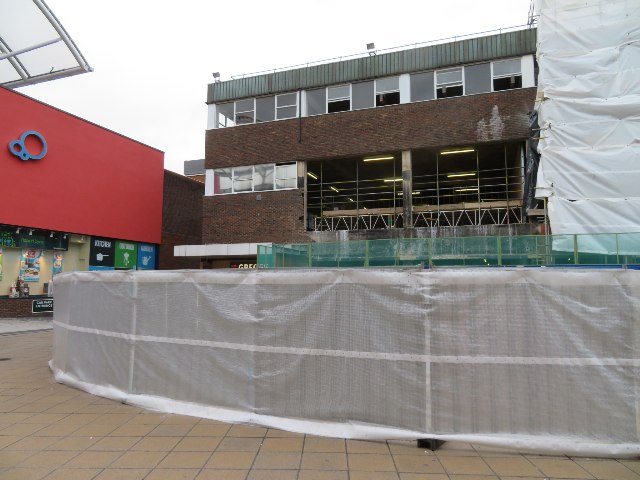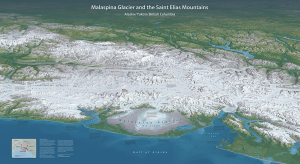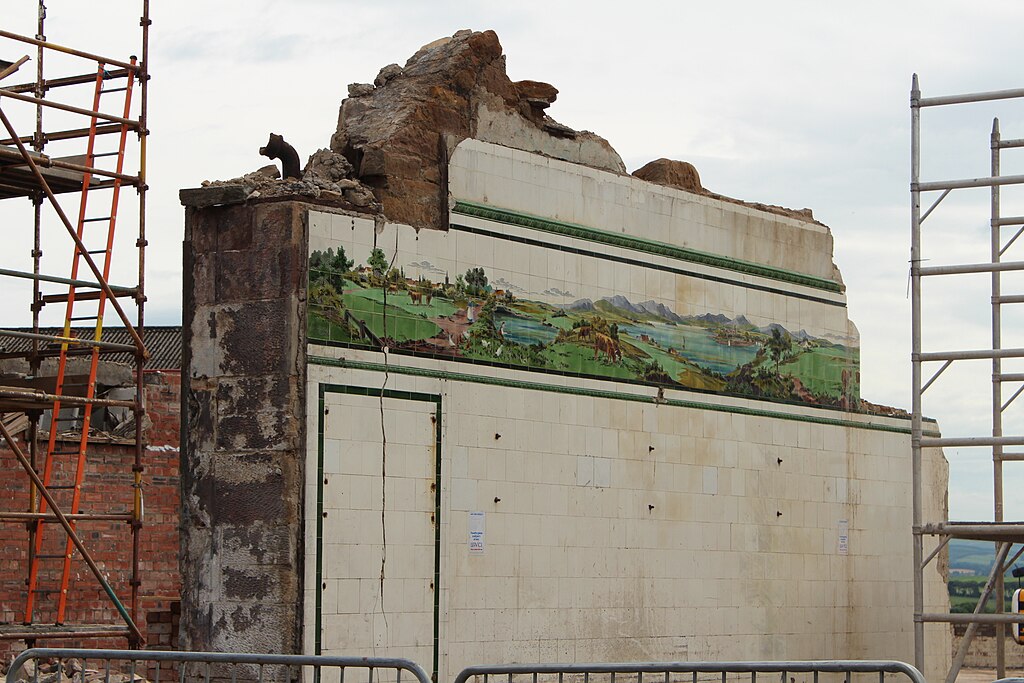
Wastewater and Drainage is a vital area of environmental and civil engineering that deals with the collection, conveyance, treatment, and safe disposal of wastewater and stormwater. It focuses on protecting public health, preventing environmental pollution, and ensuring sustainable management of water resources.
The subject covers the sources and characteristics of wastewater, sewerage systems, stormwater drainage, and methods of treatment and disposal. Learners study how wastewater from domestic, industrial, and commercial sources is managed through sewer networks, pumping stations, and treatment plants. Topics such as septic tanks, oxidation ponds, advanced treatment technologies, and sludge management are also included.
Drainage, on the other hand, involves the design and construction of systems to remove excess surface and subsurface water from urban areas, roads, and agricultural land. Proper drainage prevents flooding, erosion, and damage to infrastructure, while also contributing to environmental sustainability.
By studying Wastewater and Drainage, learners acquire both technical knowledge and practical skills in designing, operating, and maintaining sewerage and drainage systems. The course also emphasizes safety, environmental protection, and compliance with health regulations.
In essence, this subject equips future engineers, technicians, and water professionals with the expertise needed to provide clean, safe, and efficient sanitation services, which are critical for community well-being and sustainable development.
- Teacher: BENARD ODUORY

